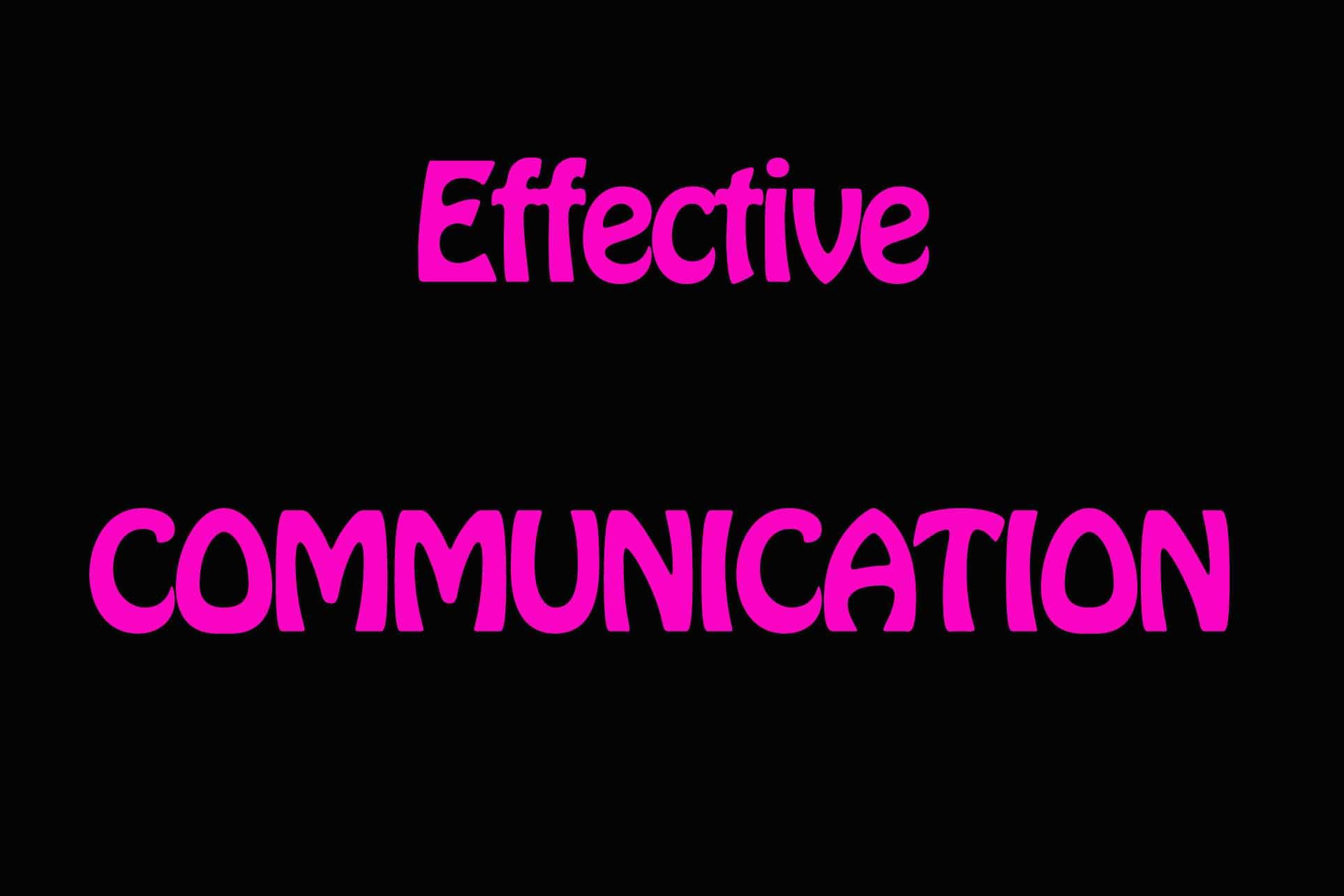How to Deal with the "Elephant in the Room"

But when it comes to having difficult conversations, when it comes to potential conflicts or resolving past conflicts, they are just like everyone else—“I’ll bring it up tomorrow.”
Here are four tips that will make having those anxiety producing conversations much less difficult:
Get help to get the ball rolling. If you’ve been avoiding having a talk with someone for the past month, how likely is it that you’re going to do it this week? Ask someone you trust to hold you accountable for doing what you’ve been saying you’re going to do. There’s nothing like making a commitment to someone you respect to get you out of your comfort zone. You might think you shouldn’t need to do ask someone for help, but that’s what friends or trusted colleagues at work are for.
Know your goal. Your outcome should be to resolve the issue or at least make progress towards that end. Although tempting, having open and honest communication isn’t about proving you were right all along or about “speaking your mind” without any regard for how you speak it. Remind yourself before the conversation begins that your goal is to do the best you can to make progress in communicating with each other. It’s okay if there needs to be more than one conversation—just remember each time what your goal is. Otherwise, we can all let our emotions get the better of us and derail our efforts.
Connect with the other person. It’s challenging to deal with conflict—but it’s impossible to do it if you can’t connect with the other person in some way. Tell the other person up front you respect them and you want to talk about the elephant in the room because you value the relationship and you know they do as well. Let them know that your intent is to listen fully, say what you need to with respect and to work together for solutions that are mutually beneficial. If the other person is reasonable, they will appreciate and respect you for communicating these things and they will be motivated to reciprocate.
Own your part in feeding the elephant in the room. Since no one is perfect, we can all usually find something to own up to in the conflict. After all, if there’s an elephant in the room, we’re partly responsible for why it’s still there. We can at least admit to that! The more you own your part in what’s happened, the more likely the other person will own theirs. If you’re worried about what they’re going to think of you for admitting weakness, let them know that. They’re probably worried about what you will think of them for admitting any mistakes and both of you can laugh about it. That’s not a bad way to get started.